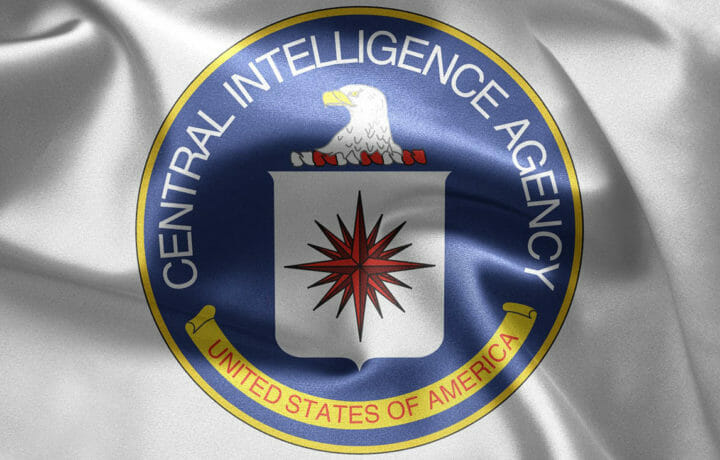Unless you’ve been living under a rock for the past two years, chances are good that you’ve heard a thing or two about the security clearance backlog.
The backlog has been the subject of numerous news articles, congressional hearings, and plenty of well-founded hand-wringing within cleared industry. But for all the attention devoted to shortening background investigation timelines, there is another problem lurking below the surface that has barely received a glance: obscene delays in adjudicating appeals of initial denials and revocations.
The length of time required to appeal a denial or revocation varies considerably among federal agencies. Some, like the National Security Agency, adjudicate first and second-level appeals on average in 60-90 days respectively; others, like the Central Intelligence Agency, take years to do exactly the same thing.
Here are the habitual worst offenders based on our experience handling hundreds of appeals each year across government:
Agency Current Longest Outstanding Case
| Central Intelligence Agency | 3 years, 6 months (first level appeal)
|
| Bureau of Diplomatic Security (State Dept.) | 2 years, 3 months (first level appeal)
|
| National Reconnaissance Office | 1 year, 5 months (first level appeal)
|
If you wonder what possible explanation could justify a 3.5 year wait for adjudicating a first-level, written appeal, you’re not the only one. Its really appalling and an issue which can have devastating consequences for those whose paycheck depended on the clearance and now find themselves performing manual labor or working fast food drive-throughs in order to make ends-meet while their appeal is being considered (not to disparage either of those honorable professions). That’s not an exaggeration: we’ve had clients over the years who went from analyzing Top Secret foreign intelligence one day to folding t-shirts at The GAP the next day – all because their agency couldn’t be bothered to timely adjudicate their appeal.
The bottom line is that this isn’t how we should be treating the men and women who serve or aspire to serve our country. Sure, plenty of denial and revocation cases are perfectly legitimate, but an opportunity to appeal can be largely meaningless if it isn’t prompt. Delays like this discourage good people with potentially borderline cases from serving, much as they raise questions about the relevant agencies’ commitment to due process and fundamental fairness. Legislators working on fixes to the security clearance system would be remiss not to consider delays in adjudicating denial and revocation cases as part of broad and long-overdue fixes to the system.
This article is intended as general information only and should not be construed as legal advice. Consult an attorney regarding your specific situation.




